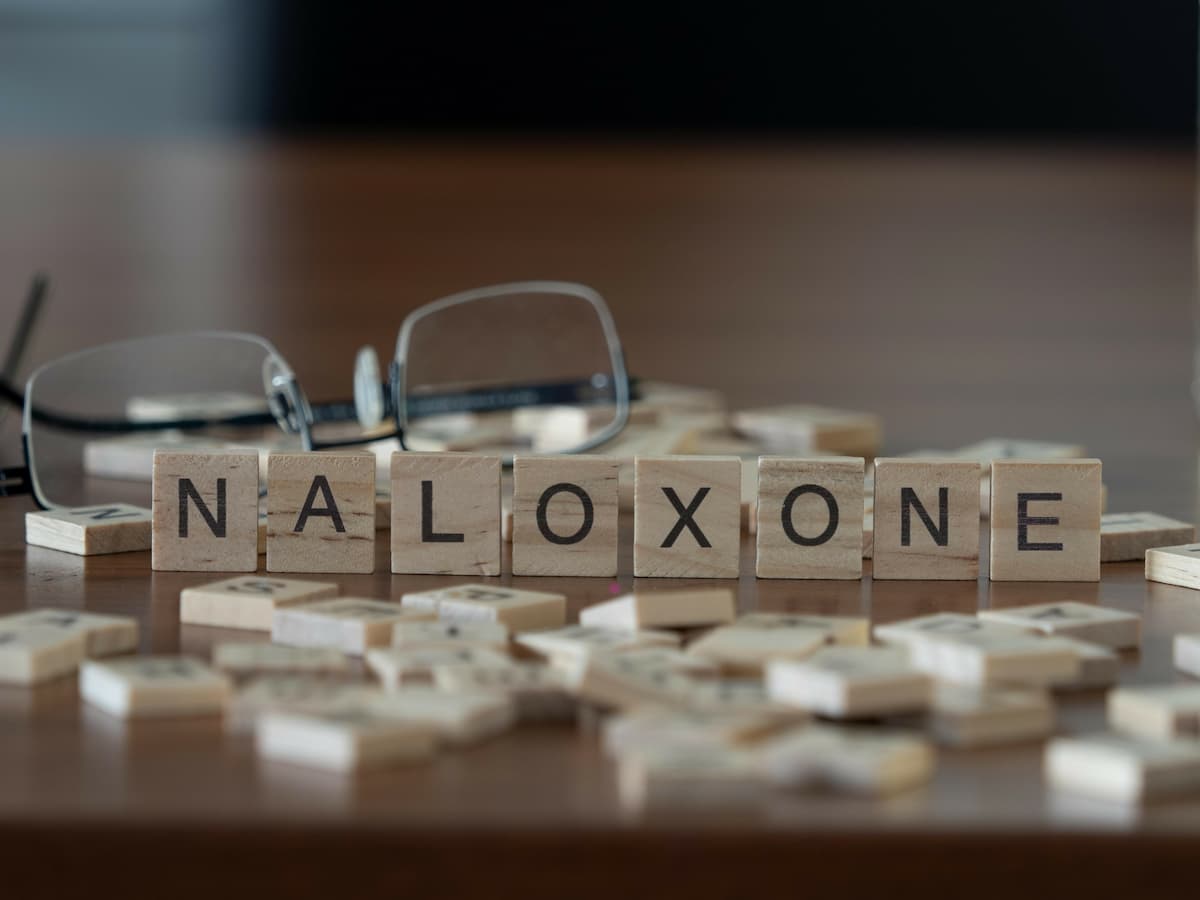- Clinical Technology
- Adult Immunization
- Hepatology
- Pediatric Immunization
- Screening
- Psychiatry
- Allergy
- Women's Health
- Cardiology
- Pediatrics
- Dermatology
- Endocrinology
- Pain Management
- Gastroenterology
- Infectious Disease
- Obesity Medicine
- Rheumatology
- Nephrology
- Neurology
- Pulmonology
Certain Over-the-Counter Naloxone Products “May be Approvable,” According to Preliminary FDA Data
A preliminary assessment from the FDA suggests certain naloxone products may be safely used without a prescription to prevent opioid overdose deaths.
©lexiconimages/AdobeStock

The US Food and Drug Administration (FDA) announced findings from a preliminary assessment that showed certain types of naloxone hydrochloride drug products may be approvable as safe and effective for nonprescription use.
Specifically, naloxone nasal spray up to 4 mg and naloxone autoinjector for intramuscular or subcutaneous use up to 2 mg may “have the potential to be safe and effective for use as directed in nonprescription drug labeling without the supervision of a healthcare practitioner,” wrote the FDA in the Federal Register notice. “However, we need additional data such as product-specific data on the nonprescription user interface design, including packaging and labeling, to make a conclusive determination in this respect.”
The Federal Register notice may help facilitate the development and approval of over-the-counter (OTC) naloxone products to prevent opioid overdose deaths, including through switching certain FDA-approved products from prescription to nonprescription status, according to the agency.
“The Agency strongly encourages application holders of prescription naloxone products described in this notice to contact FDA as early as possible to initiate a discussion about a possible switch,” wrote the FDA.
According to the notice, more than 80 000 Americans died from an opioid-involved overdose in the 12-month period ending in January 2022, “representing 75% of all drug overdose deaths.”
The notice is the latest step that the FDA has taken to improve access to naloxone products. Previously, the agency developed a model Drug Facts Label with “easy-to-understand pictograms on how to use the drug to encourage manufacturers to pursue approval of OTC naloxone products; requiring drug manufacturers for all opioid pain relievers and medicines to treat opioid use disorder to add new recommendations about naloxone to their prescribing information; and extending the shelf life of naloxone nasal spray from 24 months to 36 months,” said the FDA in a press release.
“Today’s action supports our efforts to combat the opioid overdose crisis by helping expand access to naloxone,” said FDA Commissioner Robert M. Califf, MD, in the release. “The agency will keep overdose prevention and reduction in substance use disorders as a key priority and area of intense strategic focus for action as rapidly as possible.”
